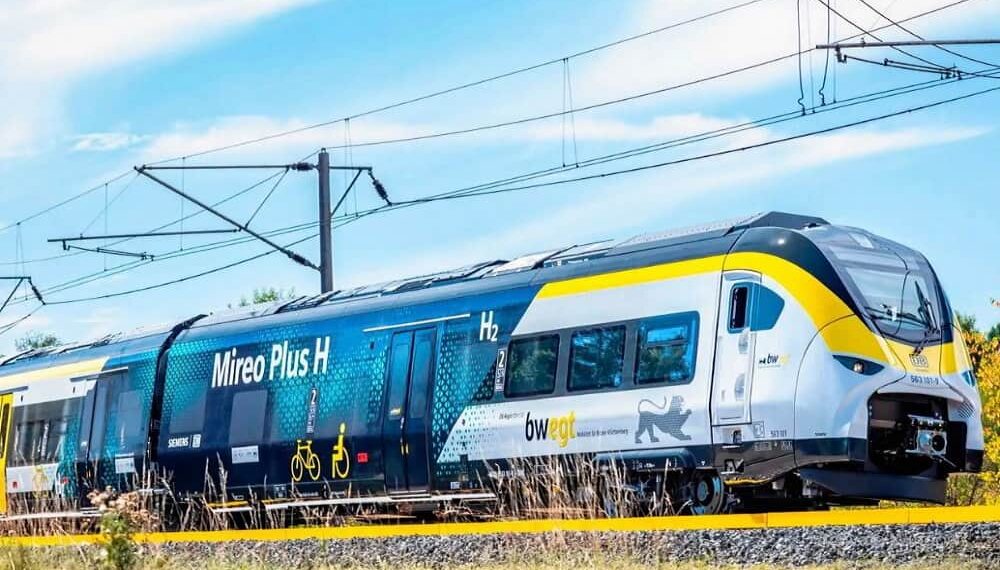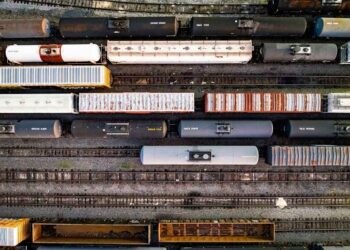Irish Rail and DIGAS have signed a contract to retrofit a freight diesel locomotive from diesel fuel to hydrogen as a proof of concept. The purpose of the €1.5 million project is to help decarbonise the operations of Irish Rail diesel locomotives, assist the company in meeting its goals as a Sustainable Development Goal champion, increase the competitiveness of the company and reduce carbon exhaust emissions.
Based on the agreement, Irish Rail will provide the 071 Class Diesel Locomotive for the conversion as well as make the workshop available for the installation, testing and commissioning activities. DIGAS, will manufacture deliver and install a Hydrogen Internal Combustion Engine (H2 ICE) retrofit kit to convert the diesel locomotive to a hydrogen powered locomotive. The conversion will allow the locomotive to run on renewable, emissions free fuel instead of the diesel fuel. As part of the agreement, the two companies will share technical and commercial information necessary for DIGAS to design, manufacture, install and support the commissioning of the Hydrogen conversion kit and allow Irish Rail to properly test a retrofitted locomotive.
Unlike other hydrogen projects in the rail sector, where hydrogen is used in to run locomotives via fuel cells or through specially produced hydrogen engines, this project will showcase a unique approach where hydrogen will be used in the locomotive’s current internal combustion engine.
This innovative technology requires minimal change to be done to the locomotive If successful, the project will showcase a more practical and cost-effective way to decarbonise and run the existing diesel locomotive fleet with hydrogen powered engines.
The project is currently in the design process and scheduled for two testing phases across 2024 and 2025. Phase 1 will be focused on static testing of the locomotion to check power and emissions output. Phase 2 will follow in 2025 and focus on service trials of the locomotion out on the rails. All designs and testing standards are subject to approval from the Commission for Railway Regulation (CRR).


































